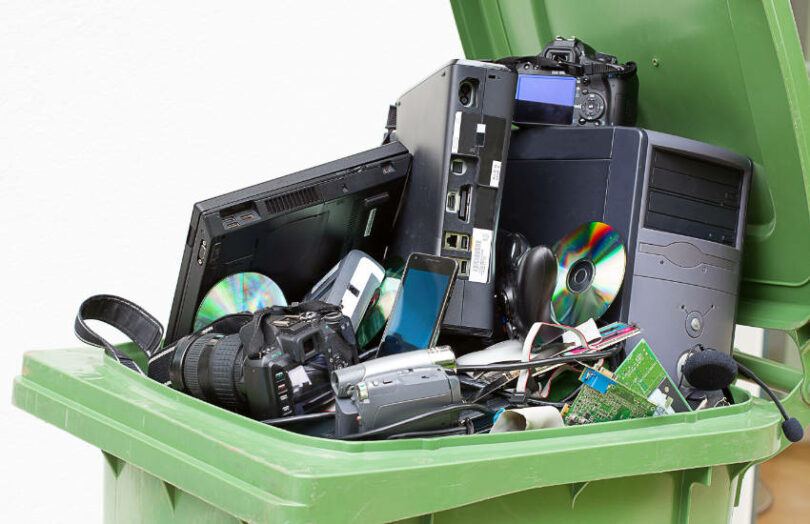BANTgo, a new startup offering web3 rewards for recycling, has teamed up with the more established blockchain traceability firm Verofax. The project aims to incentivize people to recycle old electronic equipment or e-waste. Both are based in the UAE.
When it launches, users who recycle their electronics can earn physical and digital rewards, including NFTs through the impact2earn scheme. It works by using smart bins designed for e-waste collection. A built in ‘validation system’ assesses the state of the electronic device and what the recoverable materials it will yield. Perhaps the bins might need to be in a secure location because that kind of validation requires a built in smartphone preloaded with AI to identify the state of the item.
Recyclers receive a digital blockchain certificate.
In September, BANTgo said it landed a spot in the EU-backed EIT RawMaterials Accelerator program, which includes a small grant. We contacted EIT for confirmation but didn’t receive a response in time for publication. EIT RawMaterials is already involved in several blockchain recycling projects.
Of the two partners, Verofax is more established than BANTgo. It started by focusing on traceability for anti-counterfeit solutions and expanded to sustainability. Verofax raised small funding rounds in 2021 and 2022.
Meanwhile, the concept of tokens to incentivize recycling has been tried before with two projects in 2019. One was presented during a Spanish hackathon. The other was the German Deposy project from BIOTA, which launched a DLT/IoT solution to incentivize plastic waste collection.
One major issue is how one presents something like impact2earn. Large parts of society believe web3 and NFTs are scams. So emphasizing NFTs rather than ‘digital collectibles’ might narrow the market.






